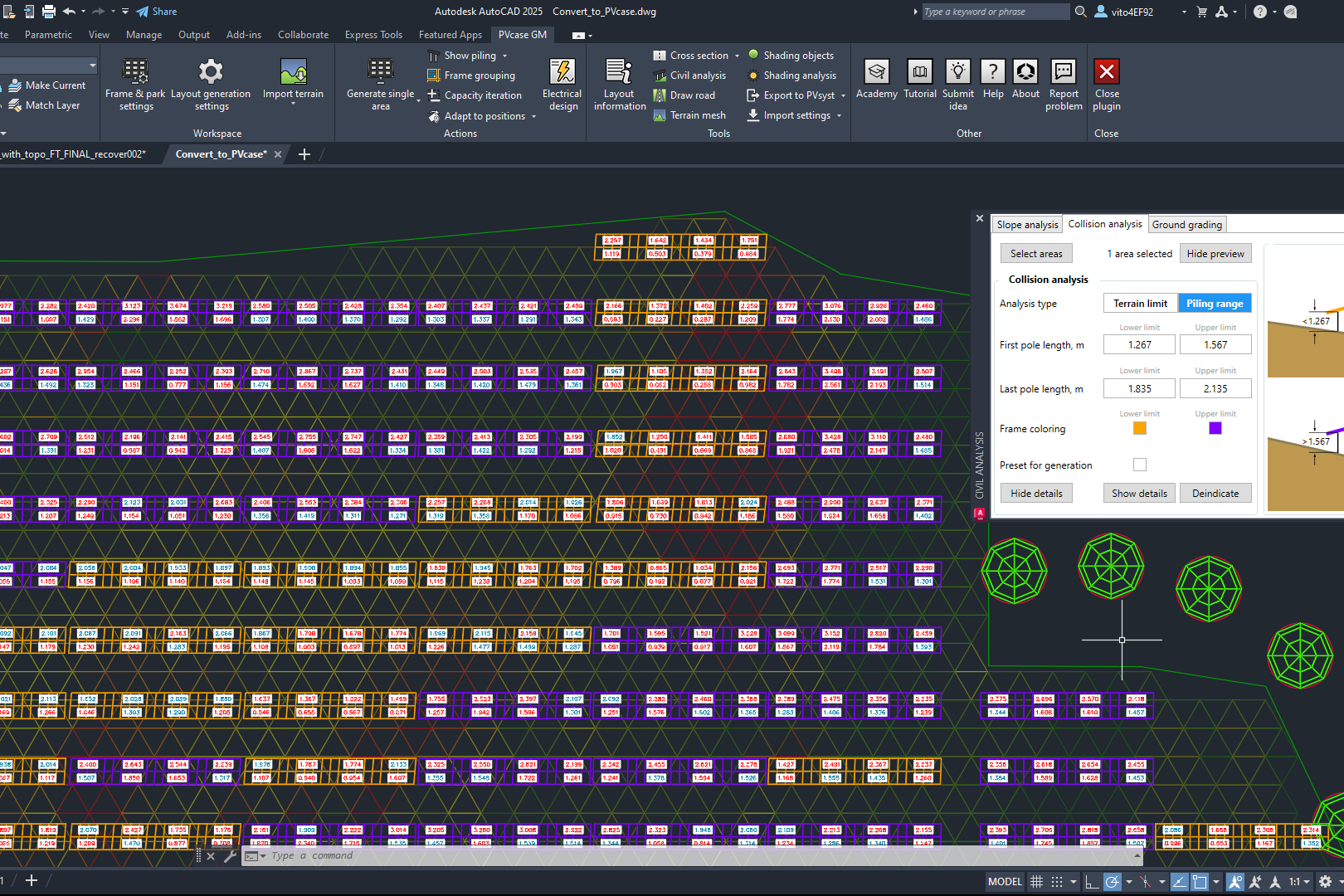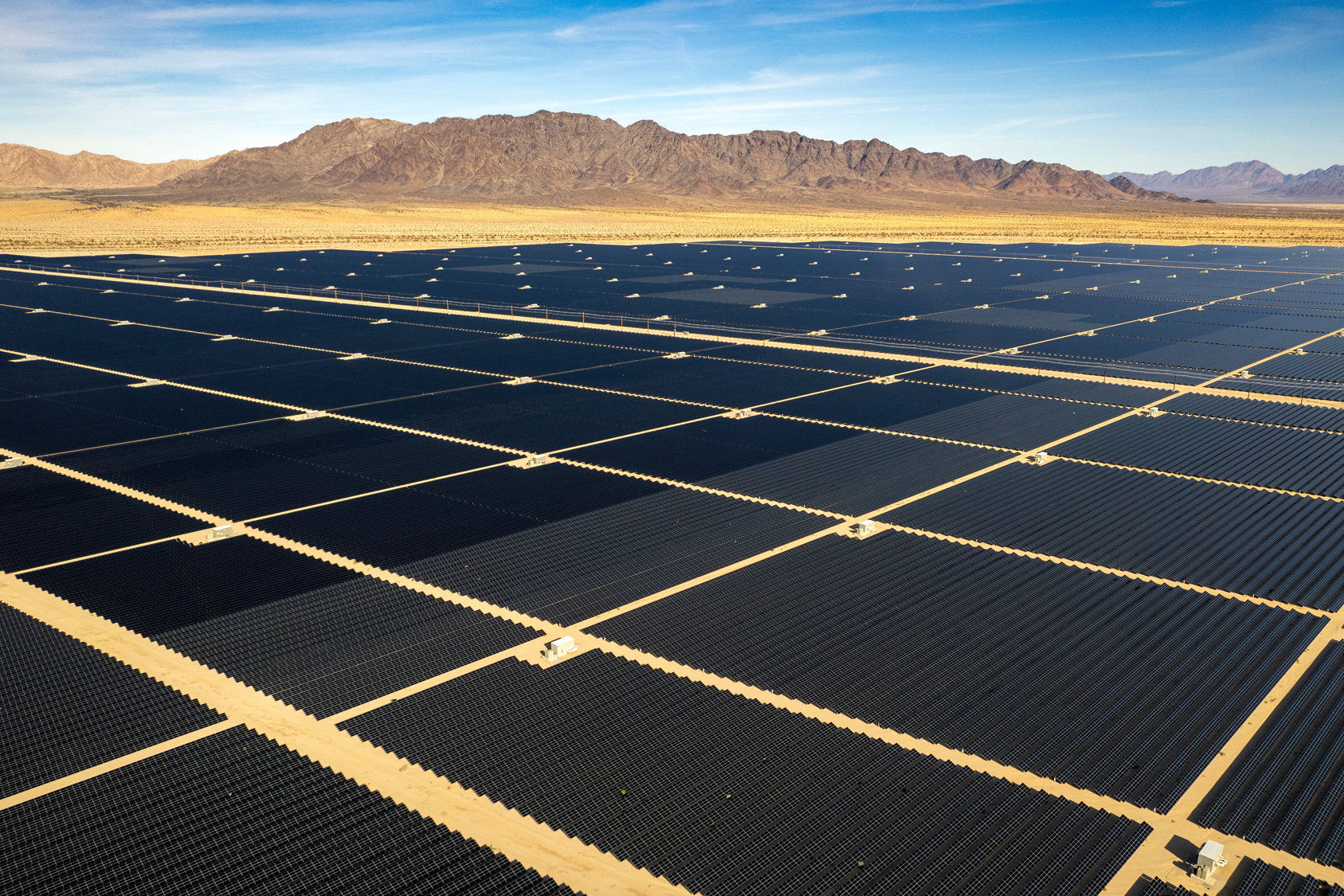Solar energy, and the entire solar industry, headline the renewable energy revolution. The record number of solar panel installations makes rooftop solar a key part of the transition from fossil fuels to clean energy. However, consumer advocates continue to raise issues that damage this transition.
Complaints about the solar industry — particularly from customers who feel misled about cost and craftsmanship — threaten the future of the world’s most popular form of renewable energy. Other customers report poor customer service, dishonest sales tactics and a lack of contractor accountability. Even though more than 50% of complaints filed to the Federal Trade Commission were about two particular solar companies, the actions of these companies have damaged the reputation of the industry.
This loss of reputation hurts more than just reputable solar providers; it also damages perceptions of the transition to clean energy as a whole.
The value of ethical business practices
Ethical business practices, by definition, are the moral code of behavior that guides company actions. They are a collection of principles for how businesses should treat their employees, customers, stakeholders, competitors and the world around them. Ethical business practices mean more than simply following the law. They also indicate how companies can act in ways that positively benefit society and the environment through honest communication and care for others.
Companies that implement ethical business practices often see a range of benefits. For example, honest communication with customers can increase their trust in your brand. Protecting customer data adds to your industry credibility. Giving back to the community can create additional opportunities for brand partnerships and growth.
Ethical practices for solar contracting
All solar panel contractors must operate ethically. These practices should include honest advertising, protecting customer data and explaining all costs before a purchase. Following these and other ethical business practices can help improve the reputation of solar contractors as a whole.
As in other types of construction contracting, solar panel contractors handle two important responsibilities that make or break the customer experience: sales and service. Fully informing a customer before a sale — answering all questions and clearly explaining pricing — can help prevent future complaints. It’s also important that solar contractors treat customers fairly when providing support, even if it’s well after a sale is completed.
Industry certification and accountability
Many industry certifications for contractors include sections on ethical standards. These certification programs teach specific skills in ethical business — from quality assurance to transparent customer communication. These programs help to improve contractors’ knowledge of ethical business and their quality of service in general.
Ethical business certification programs include North American Board of Certified Energy Practitioners (NABCEP), Energy Storage Installation Professional (ESIP) and PV Installation Professional (PIVP). Solar power contractors first starting can start their accountability journey and learn more about ethical business practices by passing the LPEC certification. This program teaches contractors the priority of the customer experience along with industry and legal regulations.
Honesty in marketing and sales
Dishonest marketing and sales tactics can quickly compromise a company’s reputation. Because of past experiences with dishonest vendors, many customers today are also more wary than ever. To overcome these customer hesitations, it’s important to be completely honest with customers in all marketing and sales assets.
Honesty in marketing means spelling out exactly how solar products and services influence customers. Solar power companies and contractors must be specific about the benefits of solar energy without exaggerating its usefulness or underselling the cost. Any statistics or figures provided should be accurate. This prevents any misunderstandings when customers review claims.
Transparency in pricing
Transparent pricing is another important ethical business practice. Customers can quickly lose respect for a company that misleads them about total cost. Transparency in pricing helps preserve a trusting relationship with customers, allowing them to individually decide whether solar energy makes sense with their current budget.
Solar panel contractors must consider a wide range of factors when calculating pricing. These factors, from building layout to labor costs, can unintentionally complicate the pricing process. To create fair, accurate estimates for customers, solar panel contractors can use commercial solar design software to calculate the specifics of either ground-mounted or roof-mounted solar arrays, leading to a detailed breakdown of project needs and costs.
Fair labor practices
Fair labor practices are important for all businesses, and solar panel companies are no exception. Employees who are treated with respect are more likely to remain with the company and perform tasks well. Conversely, employees who are mistreated or underpaid will leave, potentially compromising the company’s reputation and creating legal issues.
Solar panel companies also need a strong commitment to safe working conditions. While providing services, solar panel contractors can be exposed to dangerous electrified equipment. They might also climb roofs to install panels. All solar panel contractors must maintain safe work standards to avoid serious injury in the workplace.
The solar industry is booming, but employers face a lack of workplace diversity in many cases. Anti-discriminatory practices can go a long way toward improving opportunities in a male-dominated solar installation industry. This helps create a sustainable workplace culture — one where a diverse group of workers contribute from different backgrounds to improve problem-solving and creativity.
Social and environmental responsibility
Ethical business practices also include establishing social and environmental integrity. This means making decisions that support the community and the world at large. Hiring local talent, using fair trade vendors and providing free community education on clean energy are a few easy ways to contribute toward that social and environmental obligation.
Solar power contractors can also support the environment through the materials they use. If possible, source materials from ethical manufacturers that provide training, benefits and fair wages to their employees. Consider solar panels made from recycled materials to further reduce your carbon footprint.

Community engagement
Solar companies have an important role to play in educating the community about renewable energy. Everyone deserves to know about the benefits of solar power over traditional electricity, particularly how solar power can help fight climate change.
Organizing a local event is one of the best ways to deliver this information to local community members. Conduct a free workshop, seminar or information session that reviews how renewable energy can help people save money and reduce their impact on the environment.
Solar panel contractors have an important role to play in local education. Companies can get involved in community-based solar projects that get people excited about renewable forms of energy. You can even partner with local businesses, schools or non-profit organizations to give presentations about renewable power. These events provide more than local education: they also empower others to make a difference in the world around them — whether that’s a single residence or a large community business.
You might also be interested in:
July 19, 2024
Siting of PV power plants. How to adapt solar designs to complex terrains?
Choosing the wrong PV project site lowers energy output, raises costs, and risks legal issues. PVcase offers solutions. Discover them by reading the article.
July 16, 2024
Overcoming technical challenges in renewable energy projects. How PVcase transformed OHLA’s design process
Explore how OHLA overcame renewable energy design challenges with PVcase, streamlining solar park operations and achieving remarkable business growth.
July 3, 2024
Bridging the renewable energy skills gap. A success story of PVcase, Enery, and the University of Applied Sciences Upper Austria
Discover how PVcase, Enery, and the University of Applied Sciences Upper Austria have collaborated to prepare future solar engineers through an innovative educational initiative,…
July 1, 2024
Top 10 questions from Intersolar Europe 2024, answered
Get answers to the top 10 questions asked during Intersolar Europe 2024 that cover PVcase Prospect's availability, integration of PVcase products, and much more. Your question is…
June 19, 2024
Targeted solar marketing for successful landowner outreach — e-book included!
Discover how innovative strategies and Anderson Optimization's GIS Site Selection can boost solar outreach ROI and conversions. Download the ebook for more insights!
June 3, 2024
PVcase is part of the 42-month long SUPERNOVA project
PVcase, together with 19 partners from all over the world, is part of the 42-month SUPERNOVA project, focusing on O&M and grid-friendly solutions for reliable, bankable, and…
May 29, 2024
PVcase tools are now compatible with AutoCAD 2025!
We’re happy to announce that you can now use PVcase Ground Mound and Roof Mount, our flagship CAD-based tools, on AutoCAD 2025, enjoy its multiple functionalities and integrate…
May 20, 2024
PVcase is the finalist of “The smarter E AWARD” in the Photovoltaics category
We’re the finalists of “The Smarter E AWARD”! Read more about the nomination and dive into the PVcase Integrated Product Suite offering that innovates the industry.
May 14, 2024
Making great designs on good sites—the importance of topo data for PV design
Topo data is the first step in determining the success of your solar project. While the terrain is crucial in this regard, developers should also consider grid connectivity and…
April 29, 2024
How policy can shape future solar energy expansion
Policymakers and regulatory organizations must actively support solar power's growth and renewable energy advancement. Read the article to learn how.
April 25, 2024
Shading Analysis: advanced feature for C&I roof-mount solar projects is live
Shading Analysis is live! Read the article to learn about benefits, capabilities of the tool, and how it can help users and decision-makers.
April 9, 2024
PVcase wins the BNEF Pioneer Award 2024 for innovative solar design solutions
We won the prestigious 2024 BNEF Pioneers Award! Find out how our software contributes to relieving bottlenecks in the deployment of clean power.
March 29, 2024
Sustainable cities: what urban living of the future might look like
From clean energy to green bonds and renewable energy stocks, there are many ways you can invest your money in a sustainable future. Find them out by reading the article.
March 22, 2024
8 ways to invest your money in a sustainable future
From clean energy to green bonds and renewable energy stocks, there are many ways you can invest your money in a sustainable future. Find them out by reading the article.
March 21, 2024
8 business opportunities in renewable energy
There are many potentially lucrative business opportunities in renewable energy. Learn how you can use these opportunities to make money while contributing to the green…















